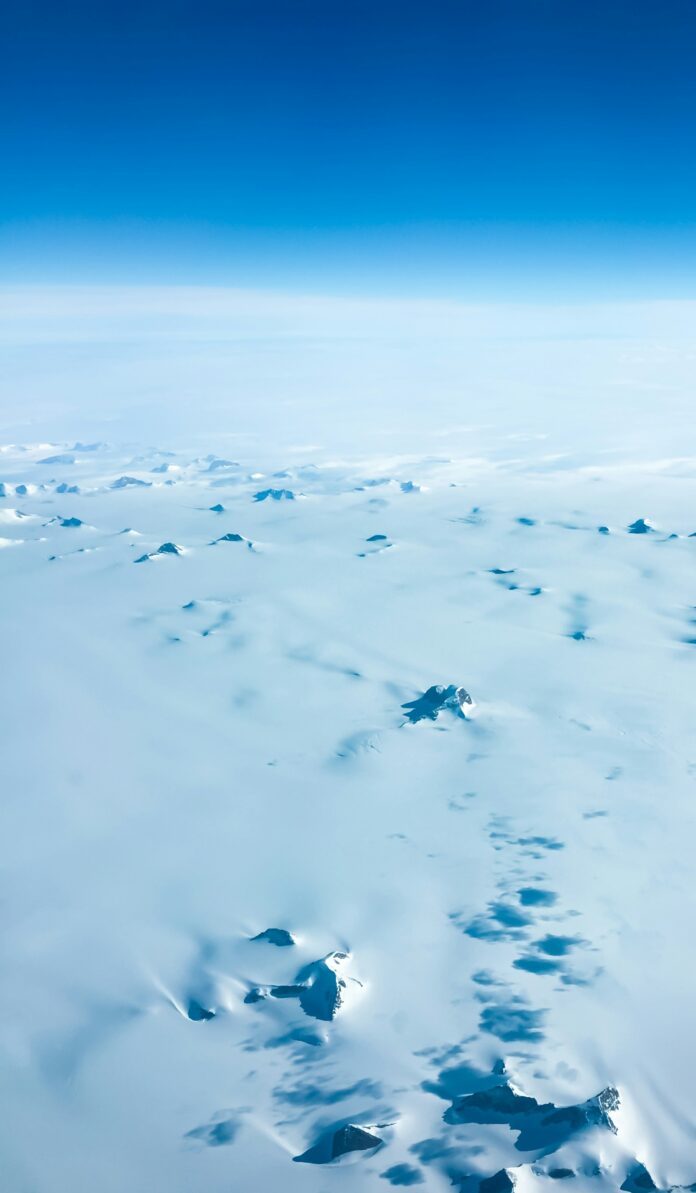
Governments Call for Rapid Cuts to Black Carbon
The Clean Arctic Alliance is urging Arctic states to act quickly following a COP30 pledge by nine countries to cut black carbon emissions across energy and transport sectors. Canada, Chile, Colombia, Costa Rica, the Dominican Republic, Madagascar, Nigeria, Sri Lanka, and Uganda issued the statement, noting that reducing black carbon would improve climate resilience, public health, and air quality.
Deadline Nears for IMO Fuel Proposals
IMO member states have two weeks left to submit proposals on polar fuels ahead of the December 5 deadline. These proposals will shape key decisions at the IMO Pollution Prevention and Response Committee (PPR 13) meeting in February 2026 in London, where rules on fuel use in Arctic shipping will be set.
Growing Momentum for Polar Fuel Regulation
Momentum is building. The Nordic Council of Ministers recently urged Nordic governments to pursue the recognition of polar fuels under IMO and MARPOL rules. During COP30, governments again stressed the urgency of cutting black carbon—a short-lived but potent climate pollutant that heavily impacts the Arctic.
Alliance Calls on Arctic States to Lead
“Countries are finally taking black carbon seriously,” said Dr. Sian Prior, Lead Advisor to the Clean Arctic Alliance. “We need Arctic governments to act before the December 5 deadline and push for mandatory cleaner fuels in Arctic waters.”
Prior said Arctic governments especially Canada, Norway, Iceland, and Denmark/Greenland, have a chance to lead the effort by proposing strong rules that require the use of polar fuels.
IMO Has Delayed Action for Over a Decade
“Black carbon is one of the IMO’s longest-running unresolved issues,” Prior said. “After more than a decade of studies and discussions, emissions from Arctic shipping remain unregulated.”
She stressed that PPR 13 in February 2026 offers a critical chance to finally adopt measures that reduce black carbon.
Mandatory Polar Fuels Needed to Cut Emissions
A mandatory polar fuel regulation under MARPOL Annex VI would set clear requirements to cut emissions from ships operating in Arctic waters. Cleaner fuels—such as DMA, DMZ, or new fuels with similar low black-carbon profiles—could deliver fast reductions while long-term decarbonisation continues.
New Report Calls for Immediate IMO Action
A recent report by Pacific Environment, On Thin Ice: Why Black Carbon Demands Urgent Action, warns that expanding Arctic shipping is increasing black carbon pollution. When black carbon settles on snow and ice, it accelerates melting. The report concludes that switching to widely available polar fuels would deliver immediate climate and health benefits for Arctic ecosystems and communities.





